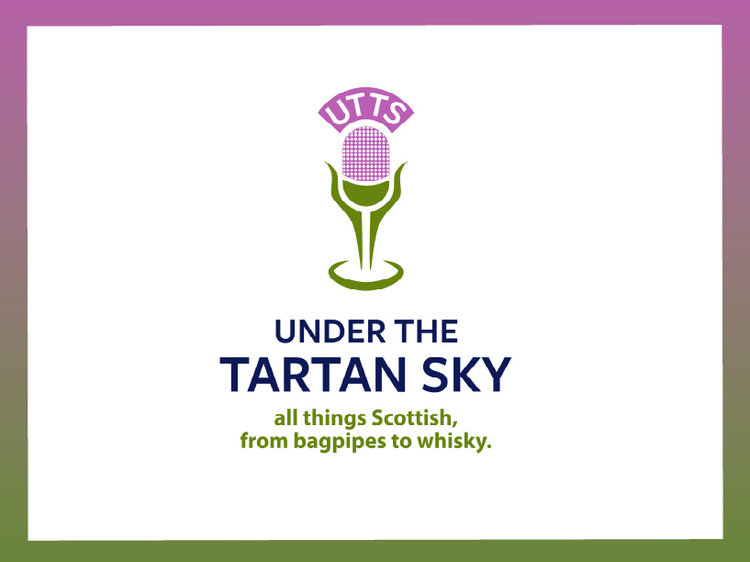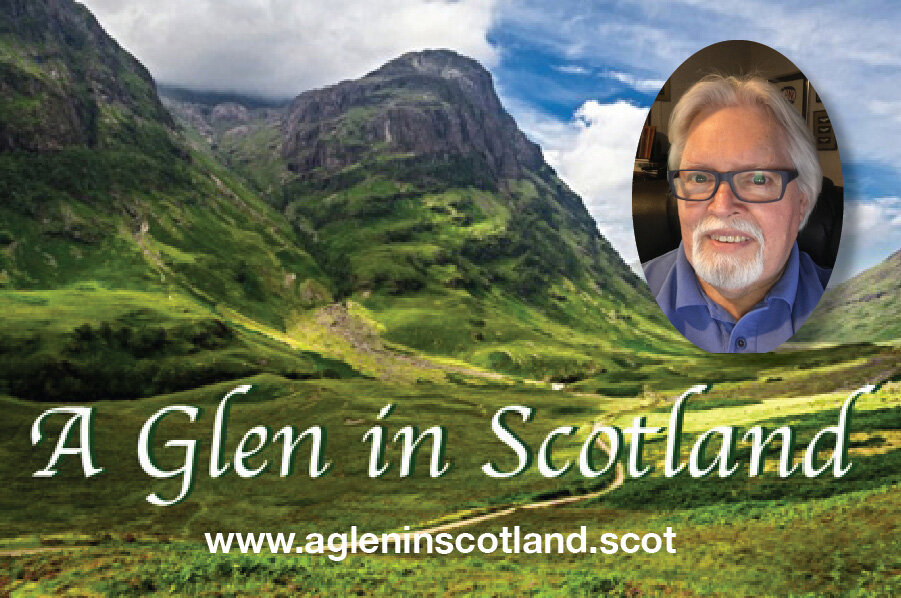Scotland is a land of diverse landscapes and abundant seas and as such it offers natural habitat for wide variety of seabirds, farmland birds, garden birds, uplandbirds, woodland birds and more. The Scottish Ornithologist’s Club, established in 1936 with the goal to promote the study, enjoyment and conservation of wild birds and their habitats across Scotland reports in its Scottish List – a checklist of the birds of Scotland, as amended through 2019, a total of more than 500 species and subspecies of birds that call Scotland home. In fact, Scotland’s bird populations range from genteel songbirds that make their homes in your garden, to raptors – large birds of prey at the top of the food chain that soar above the wilderness and hunt with surgical precision.
More than 500 species and subspecies of birds call Scotland home.
These many bird species are just part of ‘Scotland’s overall wildlife scene, that when coupled with the country’s incredibly scenic landscapes combines to make nature tourism a booming business. Even a decade ago, in 2010 – Scottish Natural Heritage estimated nature tourism to be worth a staggering 1.4 billion pounds (almost 2 billion dollars) to the Scottish economy. And much has changed in 10 years – wildlife tours with both land based and boating trips have become increasingly available, and the age of the digital camera has introduced an entirely new clientele interested in wildlife stalking – for shooting with a camera instead of a gun. More and more mainstream sporting activities like skiing, hiking, cycling, kayaking, etc. are all organized now with an objective to get as close to nature as possible. And all of this is having an impact – on nature…
Nature tourism strives to bring people as close in to nature as possible and is worth billions of pounds to the Scottish economy annually.
According to the SOC. Many people consider birds to be the litmus paper test for the health of the environment and in recent years the news has not been good as there have been multiple reports that bird populations across the UK, including Scotland, have been on the decline. The State of Nature Scotland Report 2019 for example shows that while the 143 species of birds assessed appear broadly stable, Scotland’s seabird populations have experienced significant declines over the last 30 years. Meanwhile the Scottish Natural Heritage reported that upland birds have suffered a “worrying decline” with 10 out of 17 breeds decreasing in numbers.
There are many causes of this, modified land usage, agriculture, deforestation, and climate change to name a few. And there is man. We build urban centers that destroy habitats. We then venture into the wilderness to “holiday”, to escape from our urban surroundings, again invading and disrupting natural habitat. We pollute the air and the water which in turn can pollute the food chain. Small animals, subjected to pesticides used for farming, can in turn poison an Osprey or Eagle that feeds upon them. Planes, trains and automobiles are all dangers to birds, as are other man-made objects, like wind turbines, that puncture the sky.
Fortunately Scotland is working to progressively tackle climate and ecological issues. Numerous organizations exist specifically with the interest of birds at their center such as the SOC, Scottish Ornithologists Club, the RSPB, Royal Society for the Protection of Birds, and there is the SSPCA, Scottish Society for the Prevention of Cruelty to Animals, and others. These organizations focus largely on the broad brush issues that impact wild bird populations. Then there is the Blue Highlands Raptor Rescue and Avian Conservation Center…
BHRR Founding Director Hadassah Broscova (l) and Ass’t Director Jane Wilson are the center’s only staff. Photos courtesy BHRR
Nestled in the small Highlands village of Brora, on Scotland’s east coast, about halfway between Inverness and John O’Groats, the Blue Highlands Raptor Rescue is working to save Scotland’s birds – one injured bird at a time. Unlike other large, government funded programs, Blue Highlands is a tiny organization but one that is making a significant and growing impact with just two full time staff – founding director Hadassah Broscova and Assistant Director Jane Wilson. Blue Highlands is an avian rescue center whose focus is on the return back into the wild of the injured birds introduced into their care. It is a family-run charity and the only center of its type in this area of the Highlands.
The center was founded when Broscova and her family moved to the Highlands and settled there. She had a 30-year history working in animal welfare with a specialty interest in raptors, thus the center’s name. Today however the center sees birds of all varieties. While veterinary care is easily available, BHRR offers long term care, rehabilitation and rewilding - services few others provide in this part of the highlands.
BHRR sees and cares for all manner of birds, including garden songbirds, fledglings, seabirds, and raptors. Click on any image to enlarge. Photos courtesy BHRR
In addition to its 24-hour crisis intervention services and rehabilitative care, BHRR gets involved in conservation efforts and provides forever homes for birds that are unable to be reintroduced into the wild. Both Broscova and Wilson also engage in educational efforts giving talks to various groups that sometimes includes one or more of their feathered residents.
The Covid-19 pandemic has hit the center hard. Multiple fundraising community events were canceled, a just begun volunteer program had to be placed on hold, and more. To combat this the center has begun holding monthly auctions on its Facebook page (see link below) and other online activities.
To learn more about how you might be able to help BHRR, either through financial donations and support, or volunteer services (once the UK lockdown has ended), please listen to the entire podcast.
One pressing need is for an automobile suitable for the release of the birds back into the wild. At present both Broscova and Wilson are using their personal vehicles - neither suited to the task. What is needed is a 4WD SUV suitable for off-road travel around the Scottish Highlands. Wilson would welcome any offer of potential vehicle donation/sponsorship.
BHRR Ass’t. Director Jane Wilson about to release a tawny owl back into the wild. Photo courtesy BHRR
For more on BHRR, see any of their social media outlets listed here:
•Blue Highlands Raptor Rescue & Avian Conservation Center (website)
•BHRR YouTube channel (videos)
•Scottish Ornithologists Club (website)
•Royal Society for the Protection of Birds/Scotland













